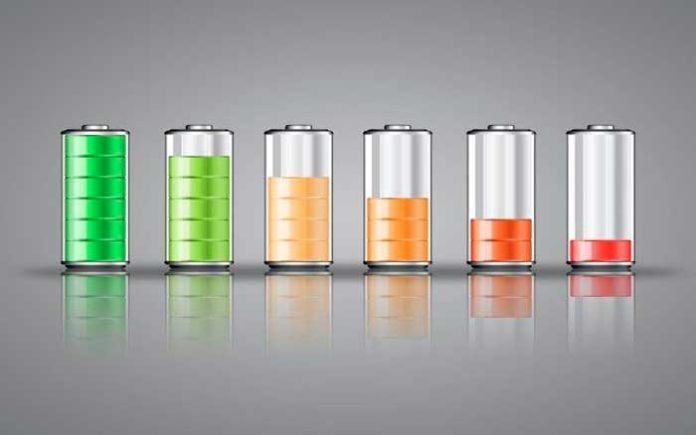In the modern world, batteries power many devices: from smartphones to electric vehicles. The problem, of course, is that batteries never work long enough, and their environmental impact is significantly negative.
A team of researchers at the California Institute of Technology, Jet Propulsion Labs, NASA and Honda claim that they have developed a fluoride battery that can provide up to eight times the energy density of a conventional lithium-ion cell that requires less resources for production. For example, a smartphone can be charged once a week rather than daily.
Fluoride batteries have been around for some time, but their temperature rises to 150°C during their use. The new version of the battery can generate energy at room temperature using a detected electrolyte solvent.
Unlike lithium-ion batteries, fluoride batteries do not pose any danger due to overheating, and the production of raw materials creates a significantly lower environmental impact than the process of extracting lithium and cobalt.
It should also be borne in mind that new battery technologies are treated as an extraordinary sensation. However, there may be unforeseen obstacles to practical application of this new technology, and even at best, it usually takes years to bring a new product to the market.







